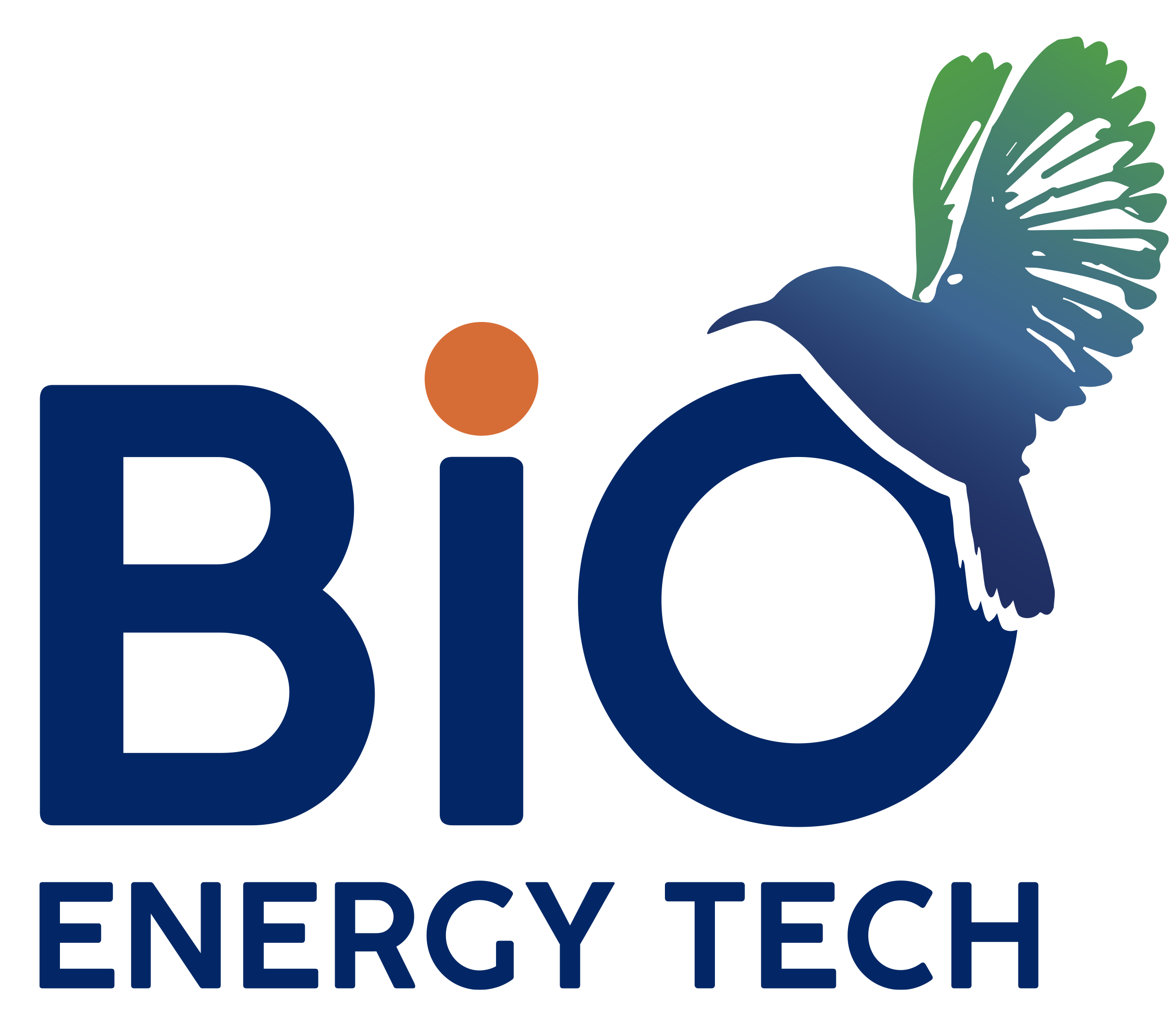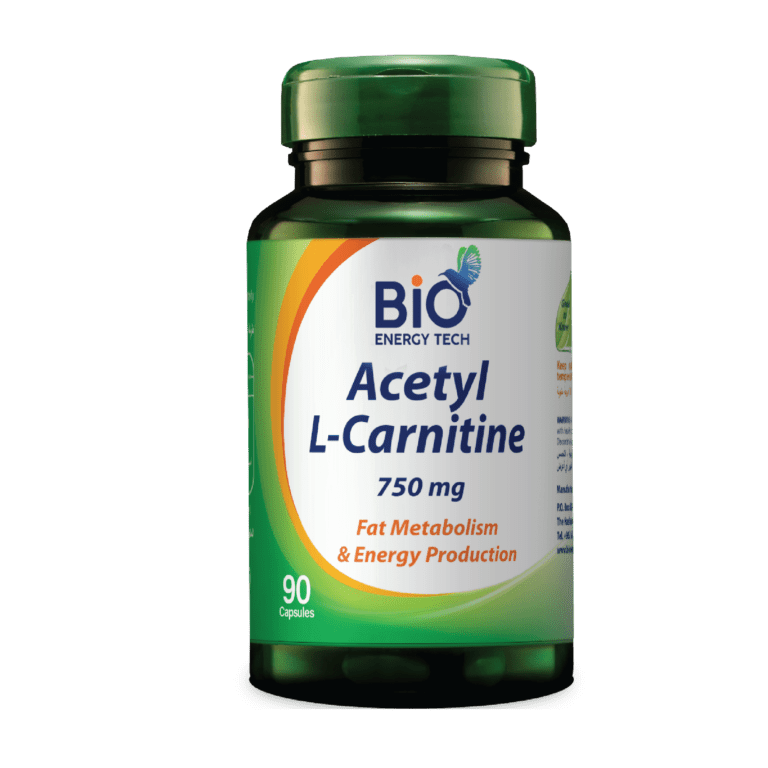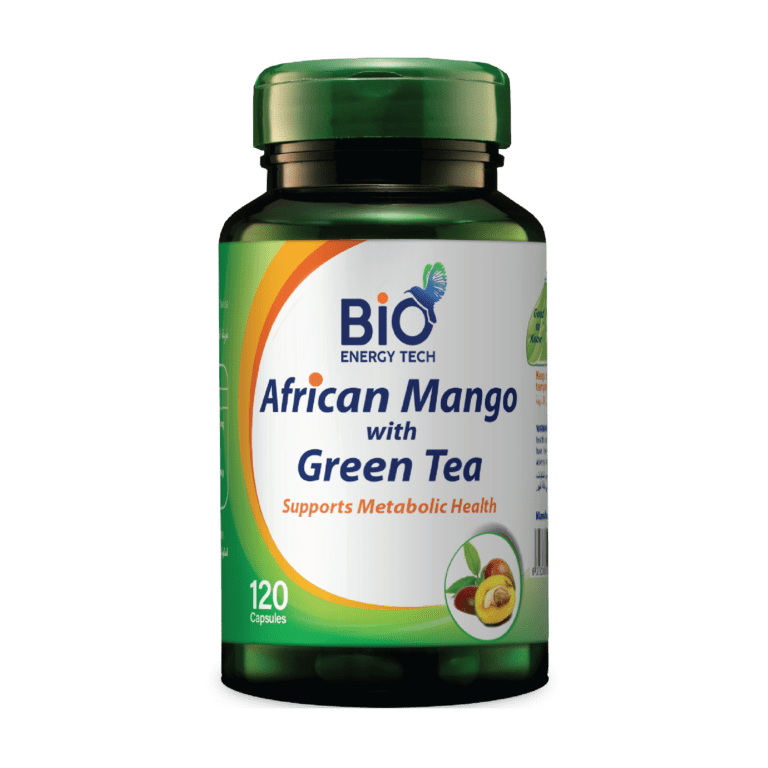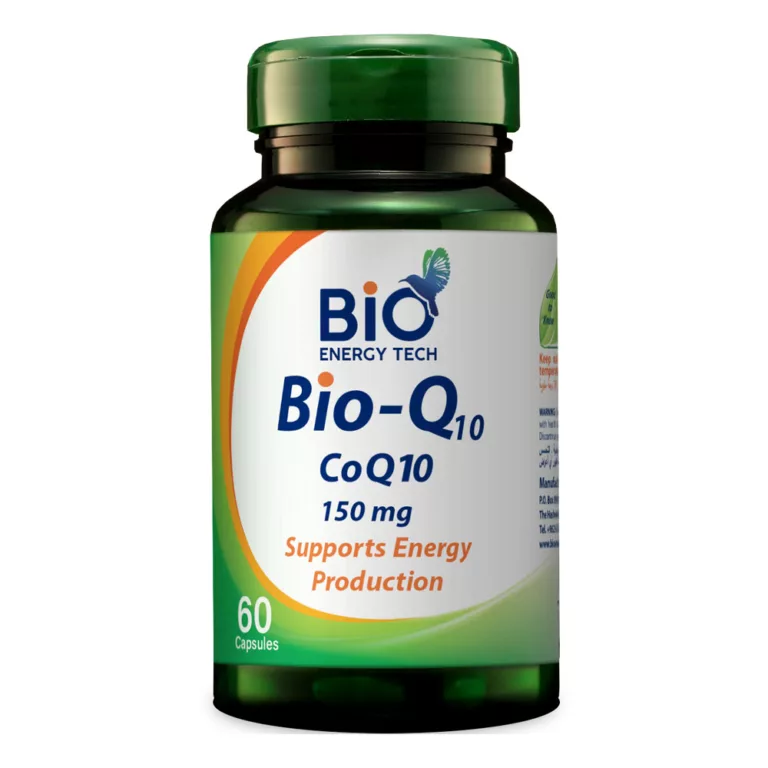For thousands of years, ancient Chinese medicine has used the leaves and seeds of ginkgo biloba for their vast health benefits.
In modern day medicine, ginkgo biloba extract is obtained from the green and dry leaves of the plant. This extract is considered one of the most important and popular nutritional supplements.
Ginkgo Biloba is found in the form of liquid extracts, capsules or tablets. Its most popular uses are in cases related to brain health, memory, supporting heart health and improving blood circulation.
What are the benefits of Ginkgo Biloba?
- Powerful Antioxidant Properties
Ginkgo biloba extract is high in flavonoids and terpenoids, which are powerful antioxidants that fight free radicals and prevent their harmful effects on the body.
It is known that free radicals are very active molecules that are associated with many serious diseases and contribute to the acceleration of aging signs.
Research continues to confirm the effects of the antioxidants in ginkgo biloba, to reveal its mechanism of action and determine its effectiveness in treating some diseases.
- Fighting Inflammatory Conditions
Some chronic diseases lead to the development of inflammatory conditions despite the absence of a causative agent. Over time these inflammatory conditions can lead to permanent damage to tissues and DNA.
Laboratory and animal research has shown that Ginkgo biloba extract can help reduce inflammatory markers in human and animal cells caused by various conditions including: arthritis, irritable bowel, cancer, heart disease, and stroke.
This research has given encouraging results, however more studies and clinical trials are still needed before definitive and detailed results are published on the role of ginkgo biloba in treating these diseases.
- Improve Heart & Circulatory Health
A study was conducted on heart disease patients who used Ginkgo biloba as a food supplement. This study proved that ginkgo biloba has a direct effect on increasing blood circulation. This is due to an increase of 12% in the nitrogen monoxide concentration in the body which is responsible for vasodilation.
Ginkgo biloba also plays a role in maintaining heart health, improving brain function and preventing stroke. A possible explanation for this is the high content of anti-inflammatory substances in Ginkgo Biloba.
- Helps Relieve Symptoms of Dementia & Alzheimer’s
Ginkgo biloba possesses properties that help to relieve anxiety, stress and other symptoms associated with Alzheimer’s disease. Some research has shown a reduction in cognitive impairment in people with dementia who use ginkgo biloba, however other research has failed to support this claim.
Other studies have also demonstrated that a combination of traditional treatments and ginkgo biloba extract can help increase functional abilities in Alzheimer’s patients.
- Improves Brain Function
Several studies have suggested that ginkgo biloba can support brain function and mental capabilities in healthy people. It may also improve memory and concentration. However, other reviews and research have not reported any measurable improvement in memory and attention.
- Reduces Anxiety
Some studies have suggested that dietary supplements containing ginkgo biloba can help reduce symptoms of anxiety and it is likely that this effect is due to the antioxidants found in ginkgo biloba.
- Treating Depression
Animal studies have suggested that ginkgo biloba can help treat symptoms of depression. This effect has been attributed to ginkgo biloba’s anti-inflammatory properties that enhance the body’s ability to deal with high levels of stress hormones released in stressful situations. More research is still needed to better demonstrate and explain this effect.
- Supports Vision & Eye Health
Several studies have been conducted to establish the relationship between ginkgo biloba and eye health and the initial results are very promising.
One study showed that patients with glaucoma who use ginkgo as a dietary supplement have increased blood flow to the eye, but this does not necessarily improve vision. Other studies also showed the effect of ginkgo extract on age-related macular degeneration patients.
The ability of ginkgo biloba extract to improve vision in people who do not suffer from low vision has not been proven yet. Therefore more research is still needed to confirm the possibility of benefiting from ginkgo biloba extract in improving vision and fighting the development of eye diseases.
- Treating Headaches & Migraines
Ginkgo biloba was used in ancient Chinese medicine as a common remedy for headaches and migraines. Consequently, several studies have been conducted on the relationship between them based on the main cause of headaches.
For example, ginkgo biloba is known to have antioxidant and anti-inflammatory effects. Accordingly, if the cause of headaches is tension and severe stress, ginkgo biloba can be beneficial. Ginkgo biloba’s ability to dilate blood vessels can also relieve headache symptoms caused by poor blood flow or constriction of blood vessels.
On the other hand, migraines may be caused by the excessive expansion of the walls of the blood vessels and in this case, ginkgo biloba may not give any benefit.
If you want to try ginkgo biloba to relieve migraines, you should know that it will most likely not cause you harm, but it isn’t necessarily beneficial either.
- Improves Symptoms of Asthma & Respiratory Diseases
Some studies have indicated that the combination of ginkgo biloba with traditional treatment can help improve symptoms of inflammatory respiratory diseases such as asthma and chronic obstructive pulmonary disease. These effects are due to the presence of anti-inflammatory compounds in ginkgo biloba that help relieve bronchitis and increase lung capacity.
- Reduces Symptoms of Premenstrual Syndrome
Preliminary studies have shown that ginkgo biloba can help treat and relieve the physical and psychological symptoms associated with PMS in females.
- Treats Sexual Dysfunction:
Some studies have suggested that ginkgo biloba reduces symptoms of sexual dysfunction such as erectile dysfunction or decreased libido. This is due to the effect of ginkgo biloba on increasing blood flow and improving circulation. However, research has not yet proven the actual effect of ginkgo biloba on sexual dysfunction.
Daily Dose
Most studies have shown that ginkgo biloba is most effective when taken at 120-240 mg per day in divided doses and it may take about six weeks for therapeutic effectiveness to appear.
Side Effects & Drug Interactions of Ginkgo Biloba
As with other nutritional supplements, it is necessary to consult a doctor before starting to use ginkgo biloba and to stop taking it when side effects or adverse drug interactions develop.
Generally, the side effects experienced by adults are very minimal but in some rare cases, ginkgo biloba can cause serious harm.
If you are allergic to plants that contain alkylphenols or use certain medications (mentioned below), you should not take ginkgo biloba.
Possible side effects:
- Nausea
- Diarrhea
- Vertigo
- Headache
- Stomach Ache.
- Skin rash.
Adverse drug interactions may occur with:
- Anticoagulants (warfarin and aspirin).
- Non-steroidal anti-inflammatory drugs such as ibuprofen.
- Antidepressants such as selective serotonin reuptake inhibitors (SSRIs) and monoamine oxidase inhibitors (MAOIs).
RELATED PRODUCTS
90 Capsules
Bio Acetyl L-Carnitine 750 mg Capsules – Fat Metabolism & Energy Support | 90 Capsules | Halal Certified
42.31 $Add to cartRated 0 out of 5120 Capsules
African Mango with Green Tea | Natural Weight Management & Metabolic Health Support | 120 Capsules | Halal Certified
35.26 $Read moreRated 0 out of 560 Capsules
Bio-Q10 Coenzyme Q10 150 mg | Energy & Heart Support | 60 Capsules | Halal Certified
35.15 $Add to cartRated 0 out of 5








